Farmers
Are Using Twitter to Document the Disastrous Effects of Climate
Change on Crops
A
terrible, wet planting season is threatening U.S. crops, and farmers
are live-tweeting it
by
Brenna Houck
/cdn.vox-cdn.com/uploads/chorus_image/image/63916920/82690443.jpg.0.jpg)
29 May, 2019
In case we need anymore evidence that the globe is disastrously warmed, a pattern of conditions is impacting the world’s agricultural systems and threatening food supplies in the U.S. and abroad. Because legislators will continue to deny the what’s literally happening before their eyes (*cough* Climate Change), U.S. farmers have now turned to the Twitter hashtag #NoPlant19 to bring attention to the extremely wet spring that’s made it difficult plant corn and soybeans.
The U.S. is currently in the midst of its wettest 12 months on record, with regions of the Great Plains and Midwest — where much of the nation’s corn and soy is produced — bearing the brunt of this spring’s rainfall. Not only are homes being damaged as a result of the extreme flooding, but the conditions are making it damn near impossible for farmers to plant their crops.
On average over the past four years, farmers in the states that represent a majority of the nation’s harvest would have planted 90 percent of their corn and 66 percent of their soy by May 26, according to a U.S. Department of Agriculture report. That makes a lot of sense since crop yields tend to decline when corn is planted after May 10 and farmers typically wrap up their planting efforts by May 31. However 2019’s crops are far behind schedule. As of May 26, only 58 percent of the nation’s corn had been planted and just 29 percent of its soy. Farmers are rightly worried and consumers should be too. Crop shortages will likely result in higher prices for consumers and since corn and soy are basically in every part of the American diet, that could be a real problem.
The whole issue is of course compounded by the Trump administration’s trade war. Retaliatory tariffs between China and the U.S. have made it difficult to sell soy on the international market. As a result, many farmers planned to grow more corn this year, UPI reports. Some farmers may cut their losses and turn to insurance if they’re unable to plant; however, those same people would then also face challenges in qualifying for a federal government aid package designed to ease financial strain from the U.S.-China trade war because it requires that they plant crops.
That layer of stress on the agricultural industry is only intensified when you zoom out to the international level, where farmers around the world are facing various dire situations. As one North Dakota farmer and Twitter user Jordan Gackle pointed out in a recent thread: Drought is continuing to disrupt wheat crops in Australia forcing the country to import some of its wheat from Canada. Some farmers in Canada are now reporting long stretches without rain under the hashtag #drought19. Head over to China and you’ll find that a legion of fall armyworms are spreading rapidly and devouring key grain crops.
The various international agricultural crises paint a dire picture, which is made so much worse by the climate denial by politicians who would rather invent a fake war against burgers than take profound policy action. If hashtags are the only thing standing between the world and food shortages, everyone better start tweeting.
#noplant19





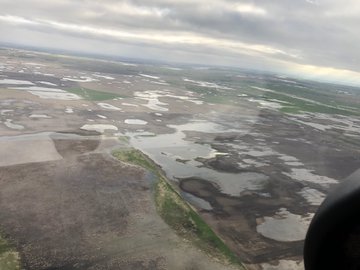
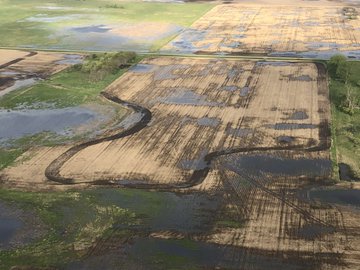
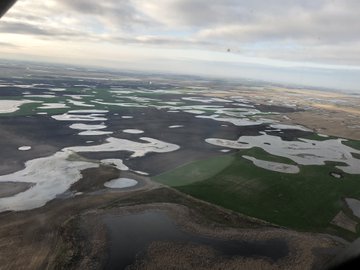
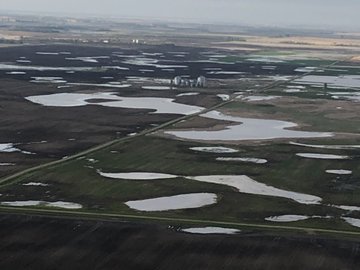

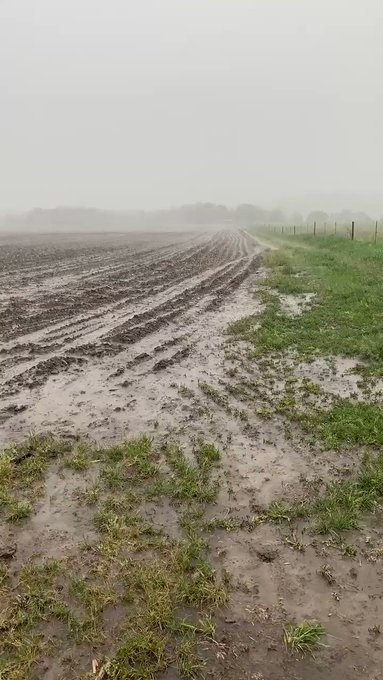

No comments:
Post a Comment
Note: only a member of this blog may post a comment.